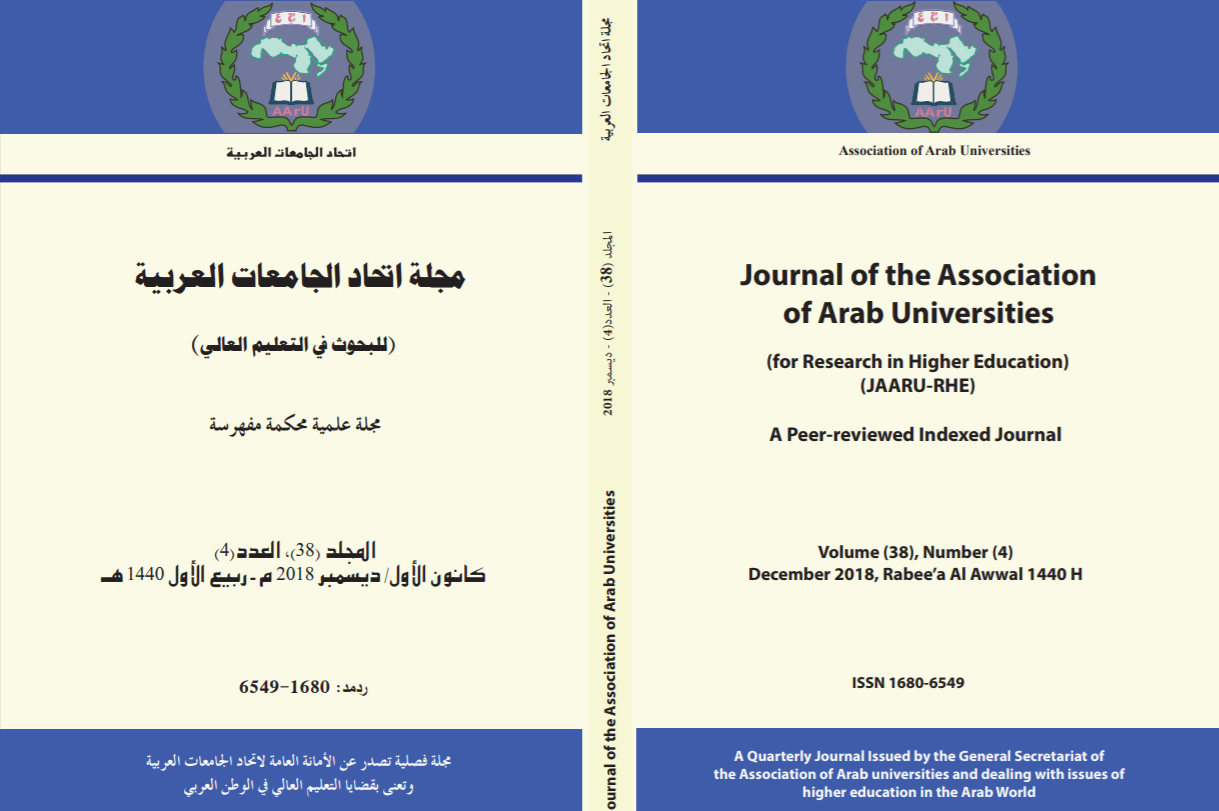Journal of the Association of Arab Universities for Research in Higher Education مجلة اتحاد الجامعات العربية للبحوث في التعليم العالي

Abstract
The article aims to conduct a systematic review to gather insights and evidence in the developing countries, mainly in the Middle East and North Africa (MENA) region, to examine the role of competitive intelligence practises to achieve competitiveness, focusing more on the higher education sector. A Systematic Literature Review research approach was used to conduct this study, and thematic extraction was used to collect and analyse the respective secondary data, which is widely used and suggested in many studies. The researcher relied on key theories: research-based view, stakeholder theory, and competitive theory. The findings showed that the most common issues in Higher Education in the MENA region associated with competitive intelligence practice are technological challenges, lack of motivation and effective training, poor infrastructure, and low capacity with inadequate formal support. The findings reveal a lack of focus on higher education
institutions. This study recommends that universities to develop professional training plans, shift from traditional structures, identify key barriers, incorporate cost control, conduct new research, and form partnerships with successful private universities to develop competitive intelligence systems.
Recommended Citation
Waleed Abu Asfar, Maysoon; Fahed Al-Zu’mot, Rania; and Samara, Khalid
(2023)
"The Role of Competitive Intelligence Practices for Achieving Competitive Advantage in the Higher Education Sector in the MENA Region,"
Journal of the Association of Arab Universities for Research in Higher Education مجلة اتحاد الجامعات العربية للبحوث في التعليم العالي: Vol. 43:
Iss.
01, Article 55.
Available at:
https://digitalcommons.aaru.edu.jo/jaaru_rhe/vol43/iss01/55

